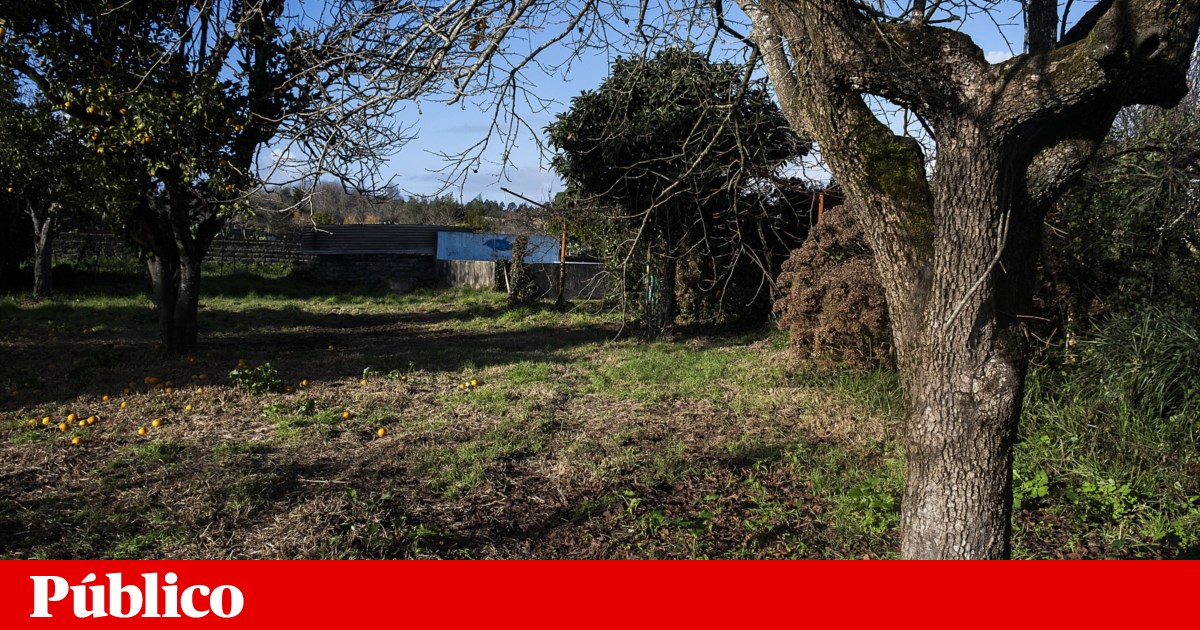Demand for Rustic Land in Portugal Grows, But Not for Housing
More than eight months after the Portuguese government amended its land use law to facilitate more housing construction, the market is showing an increase in demand for rustic land, but not for the intended purpose. According to a report from the newspaper Público, the primary driver of this increased demand is the development of agricultural projects, rather than residential building.
The government's alteration to the so-called 'lei dos solos' (land law) was a key part of its strategy to address the national housing shortage by making more land available for construction. The expectation was that this would lead to an increase in housing supply and help moderate prices. However, the market's response has diverged from these expectations. While demand for rustic plots has risen in 2025, the buyers are predominantly investors focused on agriculture.
The trend indicates that investors are acquiring these lands with the intention of either starting new agricultural ventures or expanding their current farming operations. This movement has contributed to a rise in prices for rustic land in several regions across Portugal, although a consolidated nationwide trend in pricing has not yet been clearly defined. The core finding is that the legislative change has not yet spurred the anticipated wave of residential development.
Need Expert Guidance?
Get personalized insights from verified real estate professionals, lawyers, architects, and more.
This outcome suggests that the economic case for agricultural use of rustic land currently remains more compelling for investors than the prospect of navigating the regulatory process to convert the land for housing. The complexities of zoning changes, infrastructure requirements, and the lengthy timelines associated with residential development may be acting as deterrents for property developers.
The situation highlights the intricate dynamics of Portugal's land market, where legislative intent can face practical and economic hurdles. The government had aimed to ease the housing crisis, but the immediate market reaction has been to channel investment towards the primary sector. The development serves as a critical data point for policymakers and real estate analysts assessing the effectiveness of the new land law and its impact on the broader property market.
Stay informed on Lisbon property market developments at realestate-lisbon.com.






